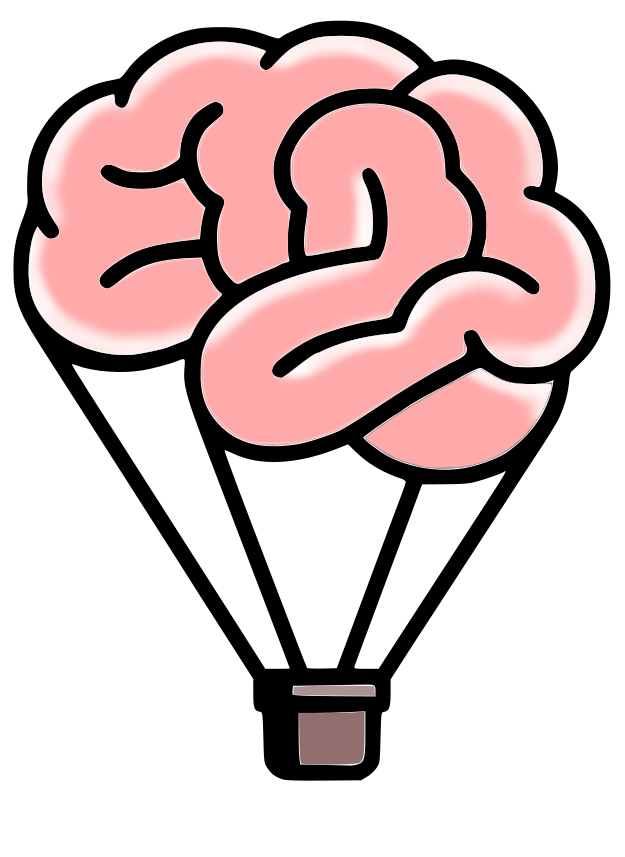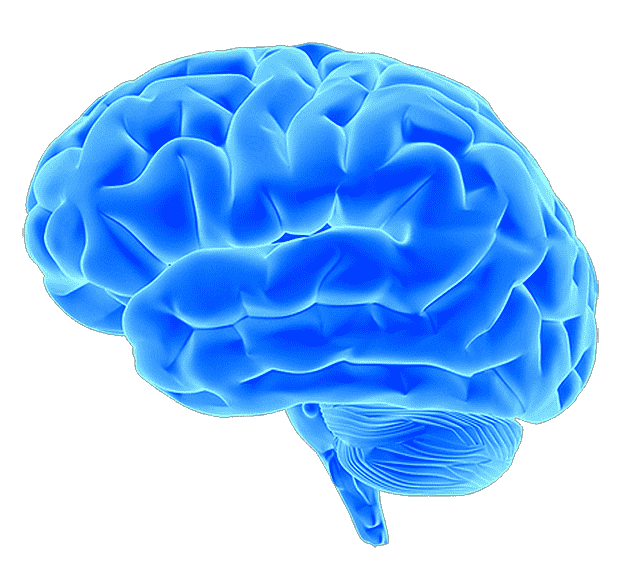Grief is a complex emotional response to the loss of someone or something significant. It is a normal and natural reaction to loss, encompassing a range of emotions such as sadness, despair, anger, guilt, and confusion. Grief can be experienced in various ways, including psychological, emotional, physical, and behavioral manifestations.
Despite decades of research and some strong opinions on the subject of grief, it is important to note that grief is a highly individualized process, and there is no standard timeline or specific set of symptoms that everyone will experience.

Let me say that again:
Grief is a highly individualized process, and there is no standard timeline or specific set of symptoms that everyone will experience.
Dr. R.C. Morris, LCSW, PhD
If you find something like “the stages of grief” useful or a similar research informed pathway to process grief helpful, great! But know that each person’s experience of grief is different and while I find some utility in the research on grief and loss, I also find it to be too prescriptive at times.
All of us go through grief, and yet, so often we struggle when trying to support someone who is in the midst of grief. Supporting someone experiencing grief starts with empathy (attempting to understand their pain) and moves into compassion (a desire to help). From there, the most important thing to do is create a safe space for them to express their emotions to you. I always recommend listening over (a natural desire toward) fixing. Here are some ways to support someone who is experiencing grief:
- Active Listening: Give the person your full attention, listen attentively, and validate their feelings without judgment.
- Empathy and Validation: Acknowledge their pain and let them know that their feelings are valid. Avoid minimizing or dismissing their emotions.
- Encouraging Expression: Allow the person to express their grief in their own way, whether it’s through talking, writing, or engaging in creative activities.
- Patience and Non-Judgment: Understand that grief is a unique and personal process, and it may take time for the person to adjust and heal. Avoid imposing expectations or judgments on their progress.
- Practical Support: Offer practical assistance with daily tasks or responsibilities, such as cooking, cleaning, or running errands, especially during the initial stages of grief when the person may feel overwhelmed.
.
Grief is a complex emotional response to the loss of someone or something significant.
Evidence-based treatment strategies for grief often draw from approaches such as grief counseling, psychotherapy, and support groups. Some effective treatment strategies include:
- Cognitive-Behavioral Therapy (CBT): CBT helps individuals identify and challenge negative thoughts and beliefs related to their grief, promoting adaptive coping mechanisms and facilitating the healing process.
- Complicated Grief Therapy (CGT): CGT is specifically designed for individuals experiencing complicated grief, which refers to a prolonged and intense form of grief that significantly impairs daily functioning. This therapy aims to address and resolve complicated grief symptoms through interventions like imaginal revisiting and building new life narratives.
- Mindfulness-Based Interventions (including Acceptance Commitment Therapy for Grief): Practices such as mindfulness meditation and acceptance-based techniques can help individuals develop greater awareness of their grief-related emotions and cultivate acceptance, reducing distress and enhancing overall well-being.
- Support Groups: Participating in support groups allows individuals to connect with others who have experienced similar losses. Sharing experiences, emotions, and coping strategies within a supportive community can help alleviate feelings of isolation and provide validation.
- Pharmacotherapy: In some cases, medication may be prescribed to manage symptoms associated with grief, such as depression or anxiety. Antidepressant medications may be considered under the guidance of a healthcare professional.
It is important to consult with a qualified mental health professional who can assess the specific needs of the individual experiencing grief and provide appropriate treatment recommendations.
Additional Resources
—
This post does not constitute therapeutic counseling or advice; the contents of this post are provided as a learning resource. We share the contents hoping that if you are in need of mental health support you will reach out to us directly or to a mental health professional in your area.



